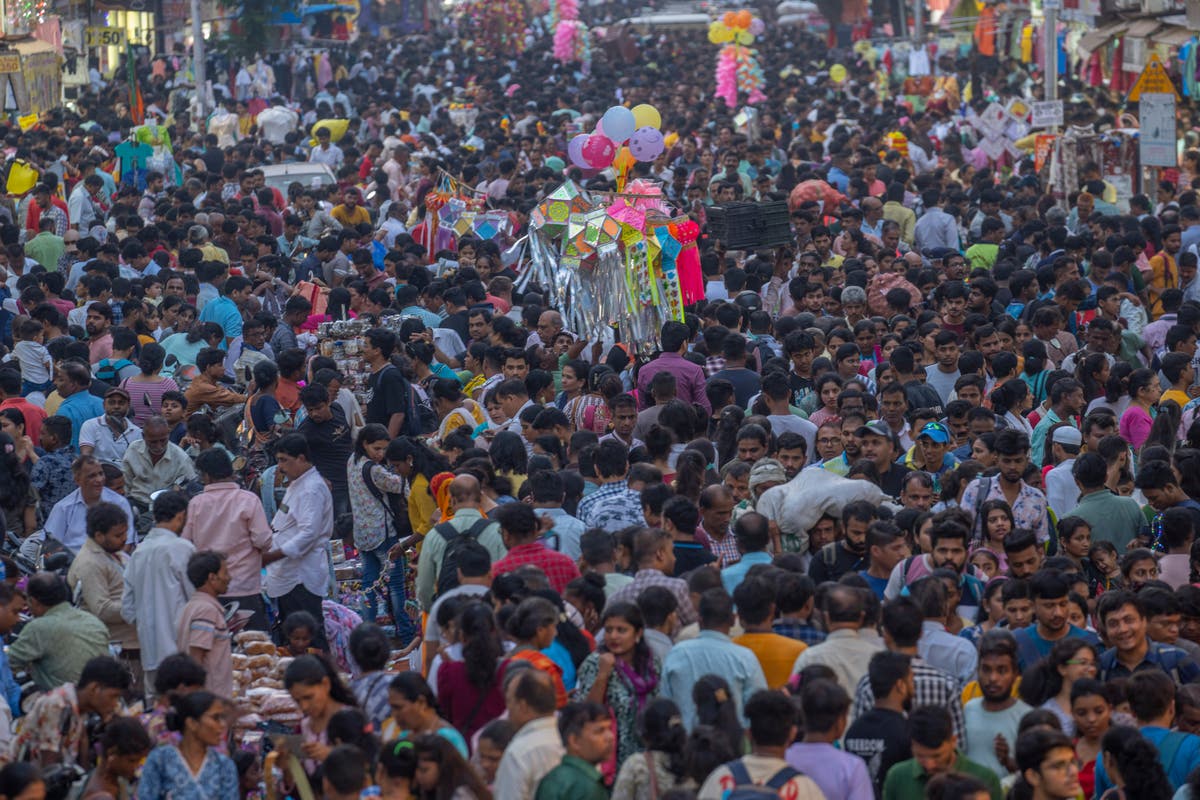The human species has topped 8 billion, with longer lifespans offsetting fewer births, but world population growth continues a long-term trend of slowing down, the US Census Bureau said Thursday.
The bureau estimates that the global population exceeded the threshold on 26 September, though the agency said to take this precise date with a grain of salt.
The United Nations estimated the number was passed 10 months earlier, having declared 22 November 2022, the “Day of 8 Billion”, the Census Bureau pointed out in a statement.
The discrepancy is due to countries counting people differently — or not at all. Many lack systems to record births and deaths. Some of the most populous countries, such as India and Nigeria, haven’t conducted censuses in over a decade, according to the bureau.
While world population growth remains brisk, growing from 6 billion to 8 billion since the turn of the millennium, the rate has slowed since doubling between 1960 and 2000.



Where in this video does it state that overpopulation is not a problem? The message the video is conveying, as I’ve interpreted it, is that the bleak, distopian vision of an overpopulated planet is not likely based on historical trends: as we develop as a society, the overall standard of living has improved, fertility rates reduce to a stable or even shrinking population, etc., etc.
The video does not address the current state of our overpopulated planet, and the impact humans continue to have on animal populations, biomes or climate change. None of these things are likely to be easily reversed within even a few generations, and with the current trend, will likely only continue to get worse in our lifetimes.
In my opinion, overpopulation is a problem today, and while it may reduce social inequalities for humans, reproductive rates cannot drop quickly enough to make a dent in the lasting impact our species is having on issues affecting the planet as a whole.